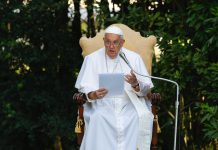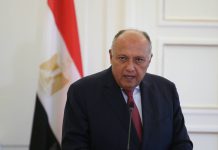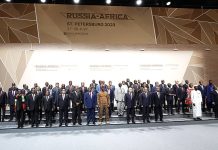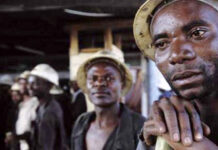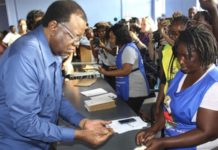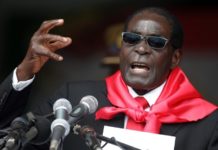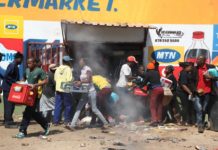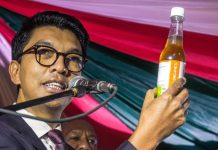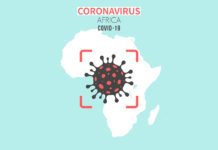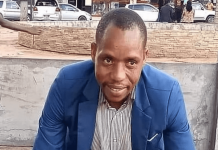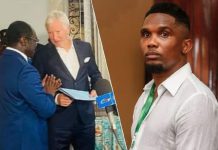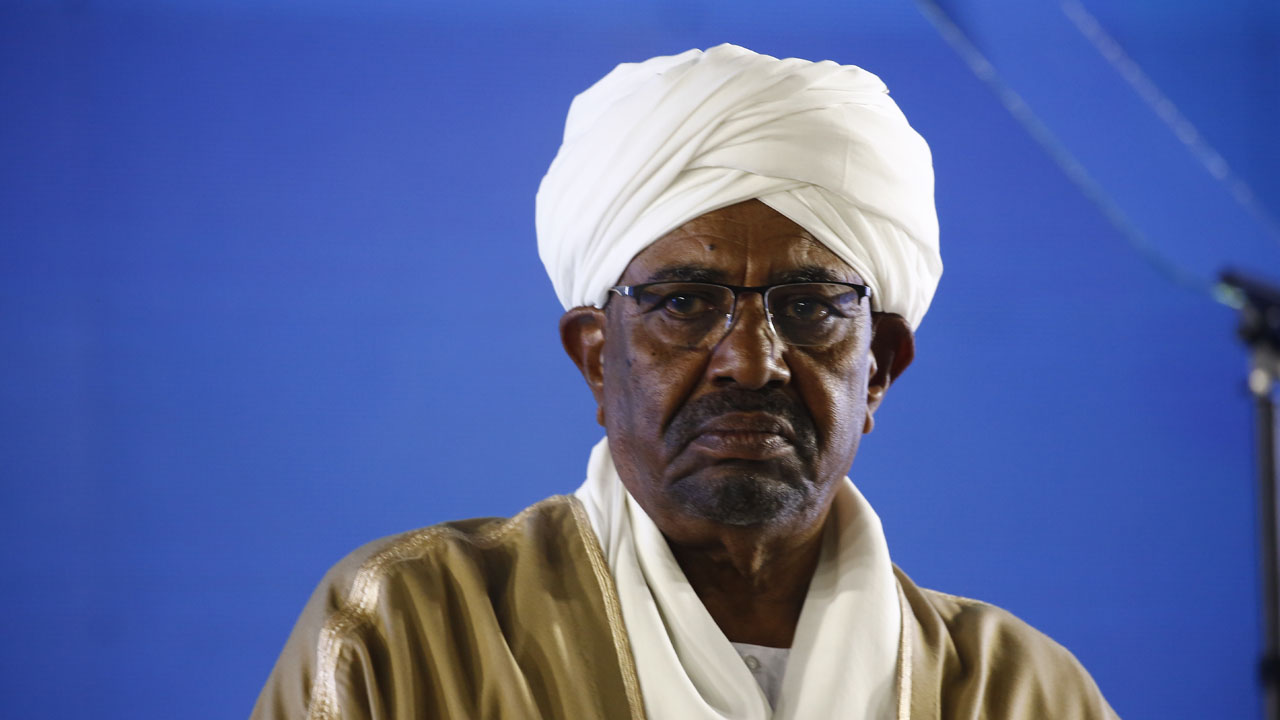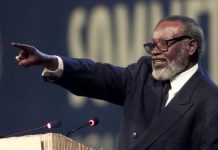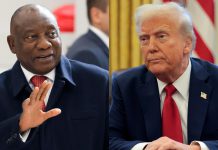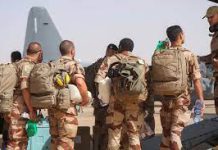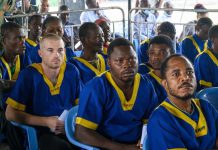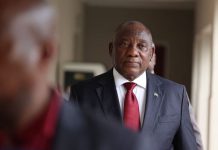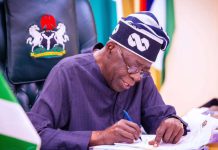The Transitional Sovereign Council of Sudan announced on Tuesday that it will hand over ousted leader Omar al-Bashir to the International Court Court (ICC) over charges against humanity, war crimes and genocide.
Speaking at a news conference in South Sudan’s capital, Juba, Mohammed Hassan al-Taishi, a member of the Sovereign Council and a government negotiator, has stated that they have agreed with rebel groups in Darfur to hand over those wanted by the International Criminal Court to face justice in The Hague. He did not mention the former president by name or say when the accused will be transferred. The government and rebels are holding in talks in Juba to end the country’s decades-long civil war.
One of Mr Al-Bashir’s lawyers, speaking to Reuters, stated that Mr Al-Bashir will refuse to deal with the ICC as it is a “political court” and Sudan’s judiciary is able to deal with any case
Al-Bashir, who was toppled after mass protests last year, is wanted by the ICC for crimes relating to the 2003 Darfur conflict. According to the United Nations, the conflict claimed about 300,000 lives and displaced about 2.5. million people. The Janjaweed militia which was linked to his direct command were said to have used scorched-earth policy to punish people.
Following the accusations, the UN Security Council referred the Mr Al-Bashir to the International court which issued the first warrant for his arrest in March 2009. In 2010, the ICC issued a second warrant of arrest
Prosecutors in Sudan have also charged Mr Al-Bashir with the killing of protesters during the April 2019 demonstrations that led to his ousting. He was sentenced to three years in jail in November 2019 for corruption. He is expected to be handed over to the ICC once he completes his jail term.
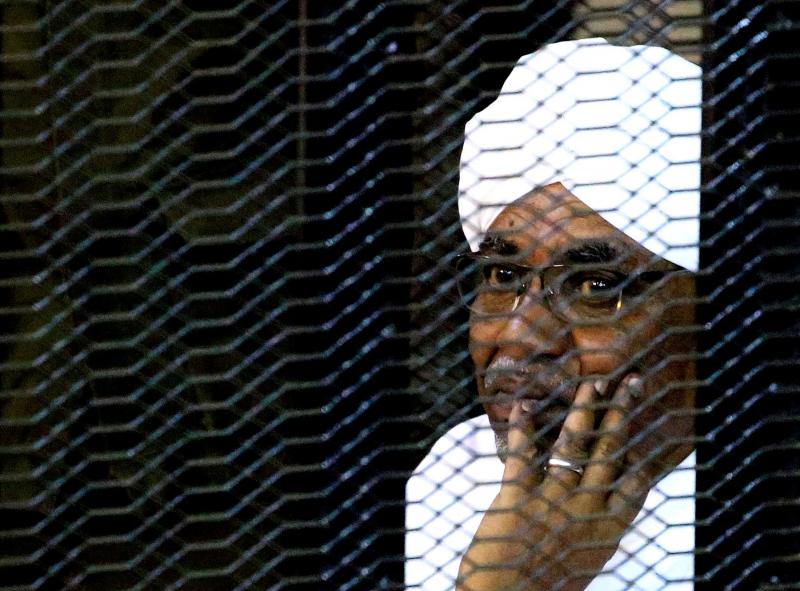
Other senior of the former regime indicted by the ICC alongside Mr Al-Bashir include
- Abdel-Rahim Muhammad Hussein, who was interior and defence minister during much of the conflict
- Ahmed Haroun, a senior security chief and
- Ali Kushied
Mr Taishi, at the news conference, also said that the government and rebels agreed to create a Darfur special court to investigate and hear cases including those investigated by the ICC. Mr Nimri Mohamed Abd, chief negotiator of the Darfur people in Juba, added that the special court would try Darfur suspects not indicted by the ICC.


